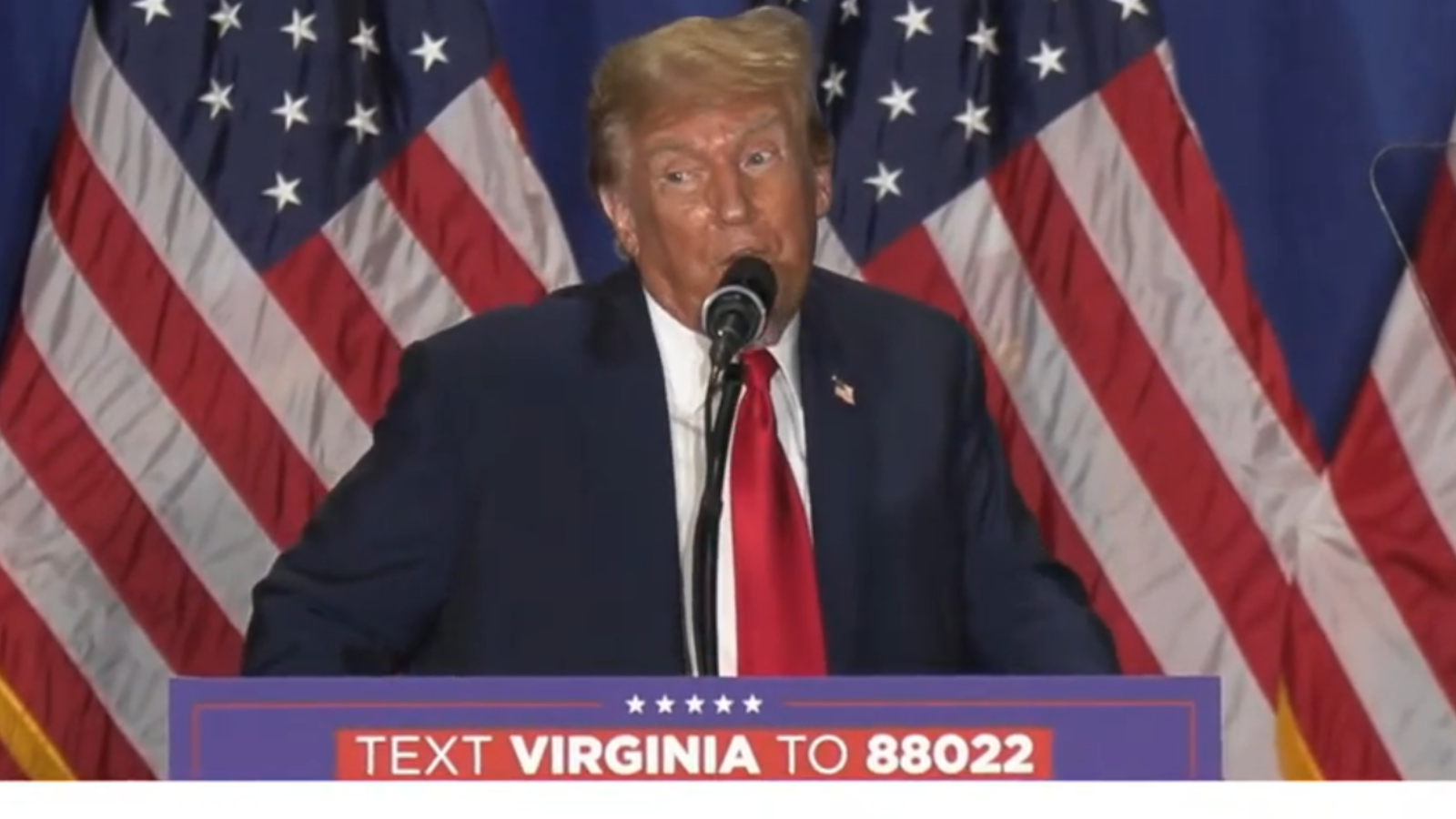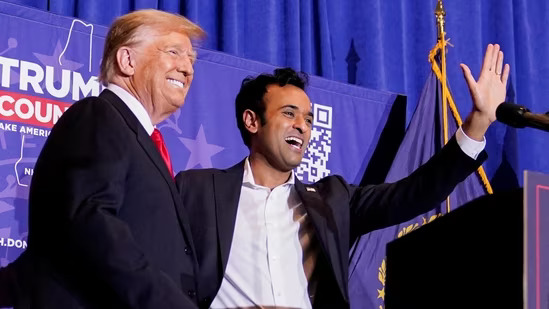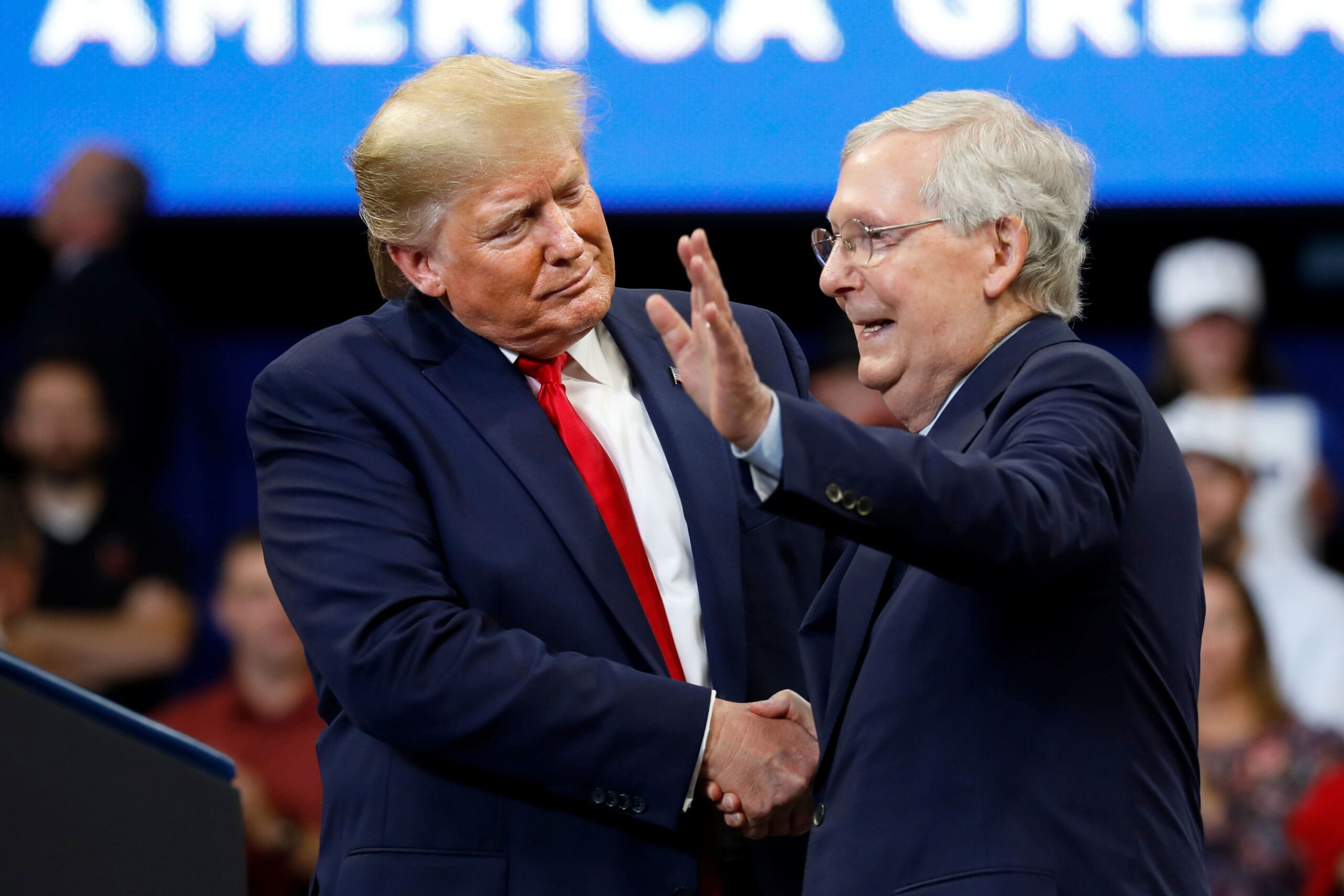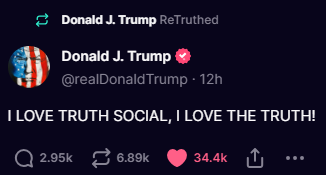In a recent move that’s sent waves through both social media and the political sphere, former President Donald Trump has put the spotlight on what he sees as the mainstream media’s (MSM) hyperbolic use of the term “bloodbath” in political discourse.
With a supercut video compiling instances of the term’s usage by various media outlets, Trump’s message is clear: the MSM is accused of exaggerating conflicts and crises, potentially creating a distorted perception of political reality among the public.
Analyzing the “Bloodbath” Supercut
The video, a montage of snippets from various news reports, highlights the frequency with which the term “bloodbath” is employed by journalists to describe political scenarios ranging from election results to party conflicts.
The use of such a charged term paints a picture of devastating loss and chaos, often implying that the events in question have catastrophic consequences for the parties involved.
Trump’s critique via the supercut underscores a broader concern about the power of media language to shape perceptions and narratives.
Words like “bloodbath” carry with them not only descriptive weight but emotive power, capable of invoking fear, anxiety, or a sense of impending doom.
This messaging can influence public sentiment, potentially skewing the political landscape by casting certain events or outcomes in a disproportionately negative light.
From the MAGA movement’s perspective, the supercut serves as evidence of what they perceive as pervasive bias in the MSM against conservative figures and ideals.
By spotlighting the repeated use of “bloodbath” in political reporting, Trump is calling attention to what his supporters see as a systematic effort to undermine conservative successes and magnify failures or challenges.
The release of the “Bloodbath” supercut can be seen as a call for greater accountability in media reporting.
It challenges news outlets to reflect on their language choices and the potential impact those choices have on public discourse and perception.
In an era where terms like “fake news” have entered the common lexicon, Trump’s video underscores the ongoing battle over narrative control and the responsibility of the media to provide balanced, accurate reporting.
Moving Forward: The Impact on Political Discourse
Trump’s highlighting of the term “bloodbath” in political reporting raises important questions about the role of media in shaping political discourse.
As the nation moves closer to future elections, the supercut serves as a reminder of the need for critical media consumption and the importance of discerning between sensationalized reporting and factual news.
The conversation ignited by Trump’s video is likely to continue as both his supporters and critics weigh in on the implications of media language in political reporting.
As America grapples with deep political divisions, the call for media integrity and fairness becomes all the more relevant, pointing toward a future where informed, respectful discourse prevails.



